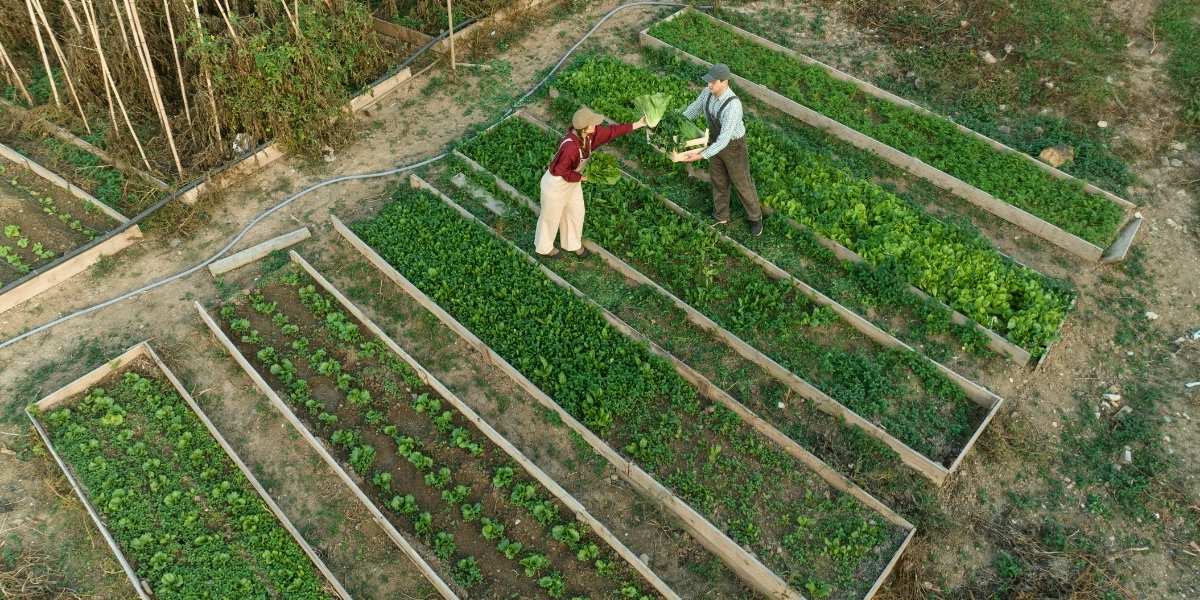What is Sustainable Agriculture?
Howdy, eco-conscious folks! Let’s dig into the roots of sustainable agriculture—a farming philosophy that goes beyond simply growing crops or raising livestock. At its core, it’s about cultivating harmony between food production and the natural world. This means using methods that protect soil health, conserve water, and reduce pollution, all while producing nutritious food. Whether you’re a backyard gardener or a policymaker shaping food systems, understanding sustainable agriculture is key to building a future where farming thrives without depleting the planet.
Sustainable agriculture is built on the principle of meeting today’s food needs without compromising the ability of future generations to do the same. It’s a balancing act—one that considers economic viability for farmers, equitable access for consumers, and ecological integrity for the environment. This approach encourages practices like crop rotation, organic fertilization, integrated pest management, and agroforestry, which not only boost productivity but also regenerate natural resources. It’s farming with foresight, where short-term gains never outweigh long-term sustainability.
But it’s not just about the land—it’s also about the people. Sustainable agriculture supports fair labor practices, strengthens local economies, and fosters community resilience. By prioritizing transparency in food production and distribution, it empowers consumers to make informed choices and supports farmers who are committed to ethical and eco-friendly methods. It’s a system that values collaboration, innovation, and shared responsibility, ensuring that everyone in the food chain benefits from a healthier, more just agricultural model.
So, whether you’re planting seeds, purchasing produce, or shaping agricultural policy, your role matters. Sustainable agriculture invites all of us to be stewards of the earth and advocates for change. By embracing eco-friendly farming practices and supporting regenerative food systems, we’re not just feeding ourselves—we’re nourishing the planet. Let’s work together to cultivate a future where agriculture is not only productive but also protective, equitable, and enduring.
Principles of Sustainable Agriculture
Sustainable agriculture is guided by several key principles:
Soil Health
Healthy soil is the foundation of sustainable agriculture. Practices such as crop rotation, cover cropping, and minimal tillage help to build soil fertility, improve water retention, and enhance biodiversity.
Water Conservation
Water is a precious resource, especially in arid regions. Sustainable agriculture practices such as drip irrigation, rainwater harvesting, and mulching help to conserve water and reduce the impact of farming on freshwater resources.
Biodiversity Conservation
Biodiversity is essential for healthy ecosystems and resilient farms. Sustainable agriculture practices such as agroforestry, crop diversification, and habitat preservation promote biodiversity and support natural pest control and pollination.
Energy Efficiency
Reducing energy inputs and reliance on fossil fuels is another goal of sustainable agriculture. Practices such as using renewable energy sources, optimizing machinery usage, and implementing energy-efficient technologies help to minimize the carbon footprint of farming operations.
Climate Resilience
Climate change poses significant challenges to agriculture, including extreme weather events, shifting growing seasons, and unpredictable rainfall patterns. Sustainable agriculture practices such as agroecology, soil carbon sequestration, and adaptive crop management help to build resilience and mitigate the impacts of climate change on farms.
Benefits of Sustainable Agriculture

Sustainable agriculture offers numerous benefits for farmers, consumers, and the environment:
- Environmental Protection: Sustainable agriculture helps to reduce soil erosion, water pollution, and habitat loss, preserving natural resources and biodiversity.
- Economic Viability: By improving soil health, conserving water, and reducing input costs, sustainable agriculture can increase farm profitability and resilience to market fluctuations.
- Social Equity: Sustainable agriculture promotes fair labor practices, community engagement, and access to healthy, locally grown food, ensuring that all members of society benefit from a more equitable food system.
Examples of Sustainable Agriculture Practices
Some examples of sustainable agriculture practices include:
- Organic Farming: Avoiding synthetic pesticides and fertilizers, and promoting soil health through composting and crop rotation.
- Agroforestry: Integrating trees and shrubs into agricultural landscapes to improve soil fertility, provide shade and windbreaks, and diversify farm products.
- Permaculture: Designing agricultural systems based on ecological principles to create self-sustaining and regenerative food production systems.
Cultivating a Sustainable Future
Sustainable agriculture represents a forward-thinking approach to farming that balances productivity with long-term ecological health. Rather than relying on short-term gains or resource-intensive methods, it emphasizes practices that regenerate soil, conserve water, and reduce pollution. Techniques such as crop rotation, organic fertilization, integrated pest management, and agroforestry not only improve yields but also preserve biodiversity and enhance resilience against climate change. This holistic mindset treats the farm as part of a larger ecosystem, where every decision impacts the land, the community, and the future.
Beyond environmental benefits, sustainable agriculture also supports economic viability and social equity. By reducing dependency on costly chemical inputs and promoting local food systems, farmers can build more stable and self-reliant operations. Fair labor practices, community-supported agriculture (CSA), and transparent supply chains help ensure that everyone—from growers to consumers—benefits from ethical and sustainable choices. These models foster trust, strengthen rural economies, and encourage innovation, making sustainability not just a moral imperative but a smart business strategy.
Whether you’re cultivating crops, shopping at the market, or shaping agricultural policy, each role contributes to the broader movement toward sustainability. Consumers can support eco-conscious farms, policymakers can incentivize regenerative practices, and farmers can lead the way with innovation and stewardship. Together, these efforts form a powerful coalition for change—one that prioritizes health, equity, and environmental integrity. By embracing sustainable agriculture, we’re not just feeding the present—we’re planting the seeds for a thriving planet and a more just food system.





